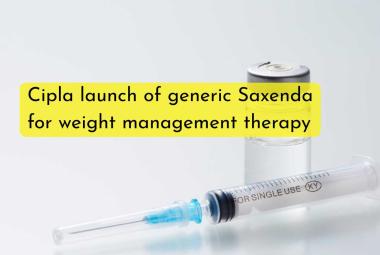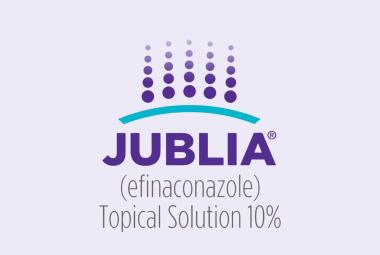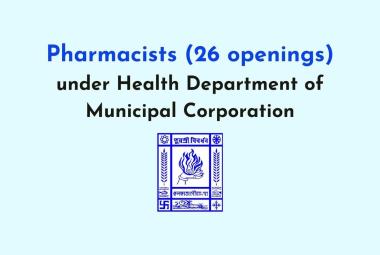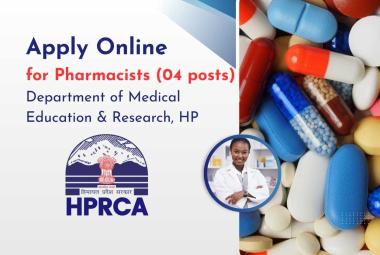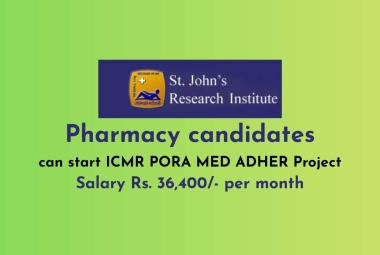Boehringer Ingelheim today announced the presentation of several new post-hoc analyses from the TONADO® 1&2 and OTEMTO® 1&2 studies at the American College of CHEST Physicians Annual Meeting in Montreal. One analysis showed significant lung function improvement, as measured by FEV1 AUC0–3, with once daily Spiolto® Respimat® in COPD patients* across a range of age groups, including those over 65 years of age.1 In addition, a second analysis indicated that Spiolto® Respimat® reduces the frequency of night-time rescue medication use, as measured by puffs needed per night2 and these reductions were sustained for up to 52 weeks. In a third analysis the improvement of dyspnea (or shortness of breath), as measured by the Transition Dyspnea Index (TDI), was shown in COPD patients, compared to tiotropium, olodaterol and placebo.3
[adsense:336x280:8701650588]
From early in the course of COPD, decreasing lung function makes it more and more difficult for patients to breathe. When many patients are first diagnosed their condition is already declining rapidly. To cope with feeling breathless, patients reduce their activity and change their lifestyles. Once symptoms start to prevent normal daily activities there is a downward spiral of reduced physical activity leading to worsening symptoms, further dyspnea and even further sedentary behavior.4 This in turn results in a large physical and emotional impact on people living with the disease.5
[adsense:468x15:2204050025]
“The post-hoc data presented at the CHEST meeting demonstrate that Spiolto® Respimat® may provide improvement across several important clinical outcomes. These results further support the evidence of the benefit of using Spiolto® Respimat® in patients requiring COPD maintenance treatment. Providing optimal treatment right from the start of maintenance therapy can give patients the best chance of managing their symptoms, keeping active and limiting their need for rescue medication ”, said Dr William Mezzanotte, Vice President and Head of Respiratory Medicine at Boehringer Ingelheim.
The most common adverse events in the TONADO® 1&2 and OTEMTO® 1&2 studies were nasopharyngitis (common cold), cough and back pain.
Subscribe to PharmaTutor News Alerts by Email >>





